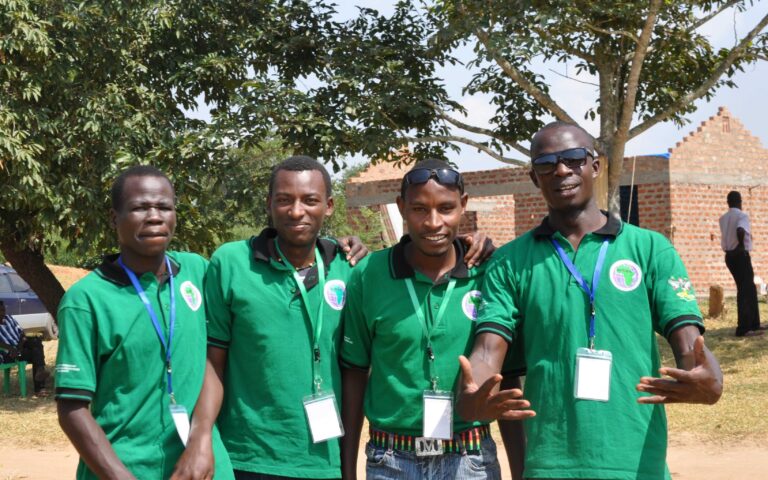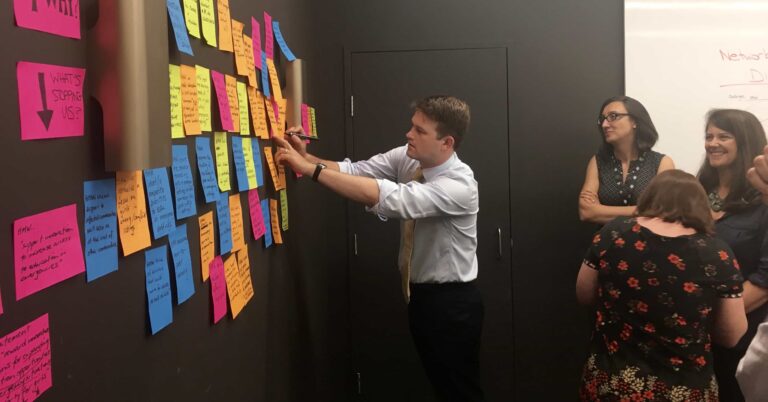Thinking While Doing: What We’ve Been Reading, v. III
You are reading the third installment of GKI’s “What We’ve Been Reading” series, where we share what a few of our staff and/or interns have been reading (and have enjoyed/found interesting) over the past few weeks. We read a lot of fascinating and thought-provoking articles in the course of our work, and want to share some of our favorites, so that you can read some of the arguments and analyses that challenge and inspire us.
Article: Chugh, N. (2013). “Donkey Power: Changing Lives One Battery At a Time”. The Guardian.
Why we liked it: “This article shows that ‘innovation’ doesn’t necessarily have to be about new cutting-edge science, but also means thinking about the user’s needs and constraints. Decades-old technology is only now benefiting tens of thousands of households in Ghana, simply because no one had thought of a practical way to use it before.”
– Colin Huerter, Program Intern
Why we liked it: “This article spotlights the organization charity: water and it’s founder Scott Harrison. charity:water has raised the profile of water challenges and millions of dollars to develop water projects around the world, in part my proclaiming their own ability to “prove” where donated dollars are spent. I’m curious about the consequences of encouraging philanthropists to feel that their money is only being used wisely if they can see a picture of the well they purchased. How does this bode for long-term investments? For problems requiring more than installation of a water catchment or latrine?”
– Courtney O’Brien, Program Officer
Article: Kouzes, J and Posner, B. (2009) “To Lead, Create a Shared Vision.” Harvard Business Review.
Why we liked it: “I was struck by the authors’ quote: “the best way to lead people into the future is to connect with them deeply in the present.” An effective leader doesn’t set a vision, then direct others to implement it. Rather, she engages her colleagues to co-create a shared vision for the future, as well as a strategy for how to get there. Whether managing a small team, or coordinating an international network, this message resonates.”
– Amanda Rose, Senior Program Officer
Why we liked it: “Whether a country is considered (politically and in the media) lower, middle, or high-income is influenced in a major way by the World Bank’s country income classification system. Ravallion, from the Center for Global Development, explores the somewhat confusing way the Bank comes up with these classifications, and the international consequences of what seems like a less-than-ideal classification system.”
– Andrew Gerard, Program Officer
Article: Katzenbach, J. (2012). “Look Beyond the Team: It’s About the Network.” Harvard Business Review Blog.
Why we liked it: “This is a great piece about the difference between a network and a team. The author highlights the increasing value of having a network that works across organizational and geographical boundaries and brings together people with various types of expertise who can collaborate to solve global challenges.”
– Srujana Penumetcha, Program Intern
Article: Kummer, C. (2013). “A Chocolate Maker’s Big Innovation.” MIT Technology Review.
Why we liked it: “This article was interesting because it talks about an innovation in the delivery chain of a pretty conventional item, chocolate. It also digs into the details of how to implement an innovative idea in a developing country context.”
– Andrew Bergmanson, Junior Program Officer







